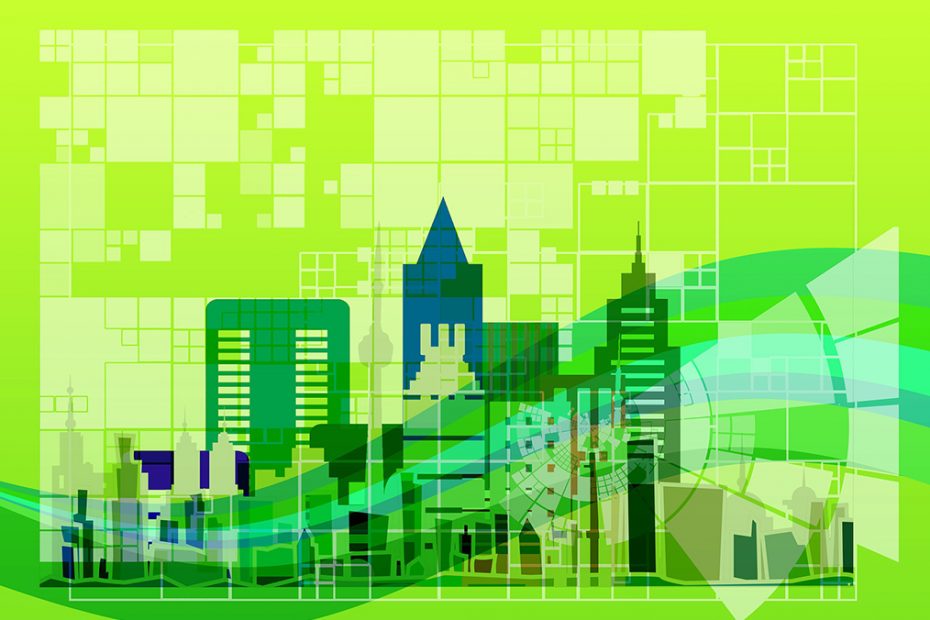Reflection by Dr David Tutty, Executive Officer, Toowoomba Diocese Social Justice Council
As part of my preparation for Laudato Si’ Week (May 16-24), I chose to reread the encyclical and reflect on the deeper insights Pope Francis offers. For over thirty years, leaders of our Church have attempted to raise our awareness of our relationship with the rest of creation and how we need to care for what God has created. These years have been a time of insight and growth and many Catholics have felt the call to act for the sake of the environment.
Laudato Si’ calls us to take another step in this growth journey. Pope Francis takes reality very seriously. He names that all of creation shares a common home and that we not only need to hear the ‘cry of the earth’ but also, at the same time, we need to hear the ‘cry of the poor’ (n 49). Laudato Si’ is about more than care of the environment. The encyclical names a bigger interconnected reality where human beings are part of the ecology and that the ecological crisis of today has its roots in human behaviours (n 101 and following)
Integral Ecology
Pope Francis names this interconnectedness as an ‘integral ecology’ (n 137 and following). Here the environmental, the economic and the social all come together. The Pope argues that ‘given the scale of change, it is no longer possible to find a specific, discrete answer for each part of the problem.’ He sees that it is ‘essential to seek comprehensive solutions which consider the interactions within natural systems themselves and with social systems’ (n 139).
Consequently Laudato Si’ argues that issues like pollution, climate change, access to water, the loss of biodiversity and global inequality are but symptoms of a bigger problem. The Pope sees that to address only one symptom does not lead to solving the underlying issue. It is only through an awareness of how integrated reality truly is, that we can begin to see the underlying spiritual and cultural problem that we face. Pope Francis argues that ‘our immense technological development has not been accompanied by a development in human responsibility, values and conscience’ (n 105).
This lack of spiritual and cultural development means that many of us may not even ‘grasp the gravity of the challenges now before us’ (n 105). We have bought into dreams of ‘unlimited growth’ and allowed the ‘market’ to dominate (n 109). Many of us have yet to learn that these dreams are ‘based on a lie’ (n 106) and that we need to take responsibility to reign in our desires for a materially comfortable life.
Ecological Conversion
It is in this context that Pope Francis calls us all to ‘ecological conversion’ (n 5). We are called to grow in responsibility, values and conscience and to gain an appreciation that we are part of an ‘integral ecology’. An ecological conversion involves a love for all God has created. Included in this, is the need for a ‘love for society and a commitment to the common good’ that ‘moves us to devise larger strategies to halt environmental degradation and to encourage a “culture of care” which permeates all of society’ (n 231).
Ecological conversion is primarily a spiritual and cultural dynamic. It is about reorientating ourselves and deliberately choosing to live different values so that a more sustainable, just way of living in our ‘common home’ is possible. Like all Christian conversion, it is a call to conversion to our God who hears the ‘cry of the earth and the cry of the poor’.
Pope Francis reminds us that the God we seek is mediated in and through the reality of our world today. Laudato Si’ names that God is experienced not just in the scriptural, the sacramental, the Eucharistic or in the beautiful dynamic of creation. God is also experienced amidst the cries of the suffering earth and of those treated unjustly. The Pope argues that experiences of sacrament, awe and wonder, and an openness to listen to the cries of pain, cannot be separated.
At a very practical level, ecological conversion is about lifestyle and advocacy. Touched by a deeper insight into reality, we are called to live with a humility shaped by wonder and gratitude (n 222 and following). We need to develop a ‘capacity to be happy with little’ and reduce our desire to consume. Purchasing is ‘always a moral – and not simply economic – act’ (n 206). Ecological conversion also calls us to be involved in concrete advocacy seeking to dramatically reduce ‘the emission of carbon dioxide and other highly polluting gases’, to protect existing fresh water sources, biodiversity and the quality of human life (n 26 and following).
In Laudato Si’, Pope Francis calls us to grow. He draws on St Francis as our role model for this growth. St Francis shows us the ‘example par excellence of care for the vulnerable and of an integral ecology lived out joyfully and authentically’ (n 10). Pope Francis sees St Francis as the one who can help us open ourselves to the fullness of what God has created and ‘take us to the heart of what it is to be human’ (n 11). His lifestyle of ‘poverty and austerity’ (n 11) shows us how to live within our common home shaped by a deep sense of the interconnectedness of all of reality.
Pope Francis, in gifting us with Laudato Si’ and its deeper insight into reality, calls us to respond. He calls us to an ecological conversion that takes seriously the interconnectedness of all that is so that we commit ourselves to a truly sustainable and just future.
